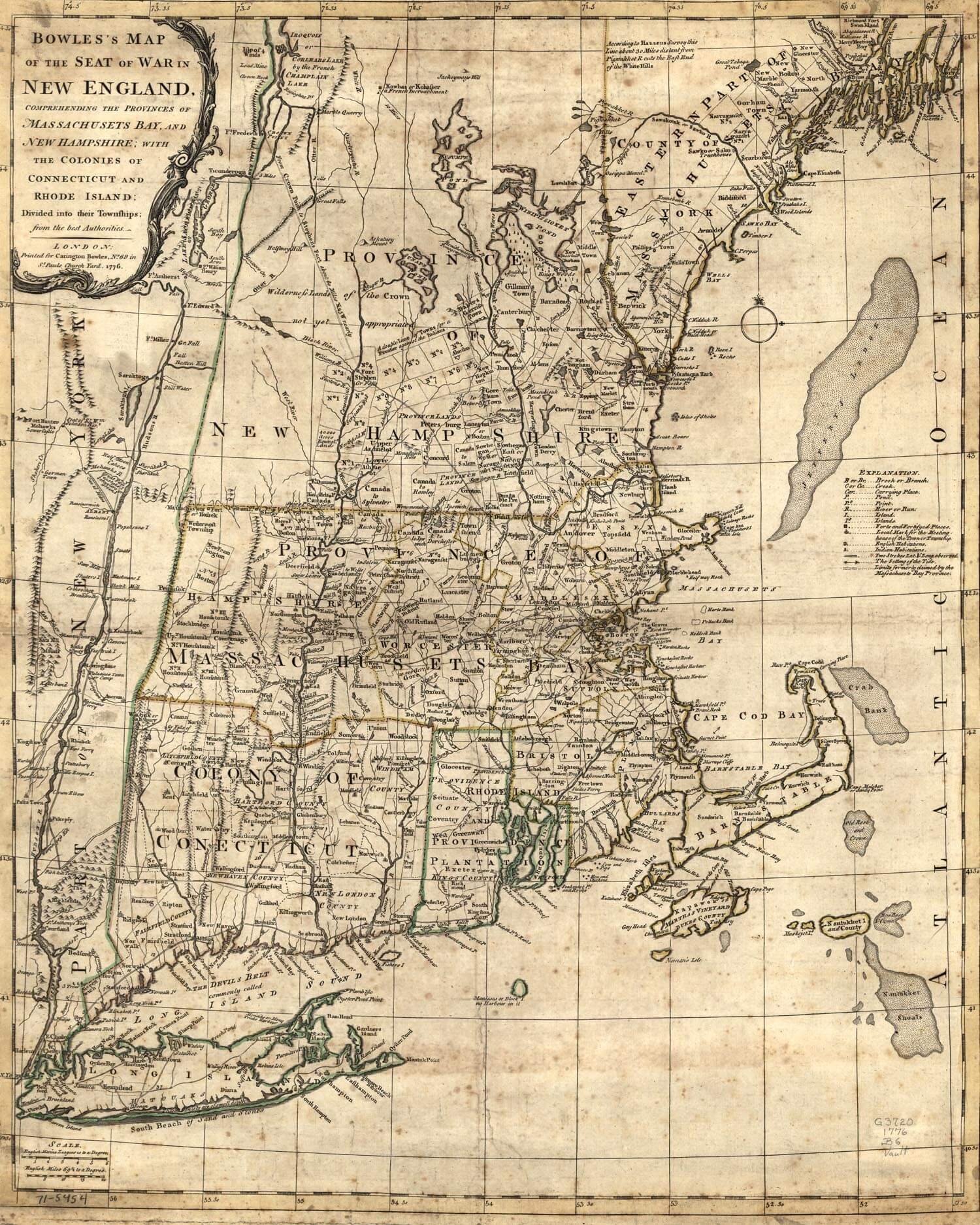Hancock-Clarke House
Built in 1737, Hancock-Clarke House was the parsonage for the town of Lexington during the 18th century. Reverend Jonas Clarke was hosting patriot guests John Hancock and Samuel Adams when they were awakened by Paul Revere and his famous warning in the early hours of April 19, 1775. Thanks to generous grant funding, this site is also the location of new research and exhibitions related to the enslaved and indentured black populations of Lexington in the eighteenth and nineteenth centuries.
Visitors to Hancock-Clarke House take guided tours on the hour, lasting about an hour.
-
Closed for the season
Open every day but Tuesday April 4 - October 31, 10:00 AM - 4:00 PM.
For special Patriots’ Day hours please see our Patriots’ Day page.
Tours run every hour on the hour and last approximately 50 minutes. The last tour of the day begins at 4:00 PM.
-
Tours Start on the Hour
The Lexington Depot + 3 Historic HousesAdults: $30.00 | Ages 0-17: FREE!
The Lexington Depot + 1 Historic House
Adults: $15.00 | Ages 0-17: FREE!
The Lexington Depot
Adults: $5.00 | Ages 0-17: FREE!
Tickets are available for purchase at all four of our museums.
-
We offer free admission to:
Lexington History Museums members
Children ages 0-17
North American Reciprocal Museum Association (NARM) members
Active duty military personnel and their immediate families
Active duty teachers
New England Museum Association (NEMA) members
American Alliance of Museums members
Lexington First Responders
Lexington Visitor Center Staff
We offer discounts to:
Ages 65+ - $2 discount on The Lexington Depot + 3 Historic Houses tickets
AAA members - $2 discount on The Lexington Depot + 3 Historic Houses tickets
Retired Military/Veterans - 1/2 price admission on The Lexington Depot + 3 Historic Houses tickets
Card to Culture Program members (EBT and SNAP) - $2 admission on The Lexington Depot + 3 Historic Houses tickets
-
-
All houses, including Hancock-Clarke House, have air conditioning to keep cool.
The first floor of Hancock-Clarke House is accessible to most wheelchair users. The second floor is not accessible. A video tour of the second floor is available for viewing on request. Please note that the front entrance is 30" wide and there is a 2" step into the house.
Accessible, gender-neutral restrooms are available for visitors at all properties.
Service animals are allowed in the museums.
Highlights
-
What Does Liberty Mean?
Black New Englanders, both free and enslaved, were far more visible in the 18th century than many modern visitors to a town like Lexington might expect. The Hancock-Clarke House was one such site of enslavement. View an introductory exhibit highlighting the stories of Jack and Dinah, two individuals enslaved by the Hancock Family, as well as other Black contemporaries of Lexington. As you tour the house, you will hear how its different inhabitants - enslaved people, women, and male Patriots - viewed the concept of liberty.
-
Hancock-Clarke House Herb Garden
The award-winning Hancock-Clarke House Herb Garden contains traditional herbs of the 18th Century. It is divided into culinary, medicinal, and aromatic/household sections, with 42 carefully researched herb species. In addition, there is an heirloom Roxbury Russet apple tree rear of the house. The garden is maintained April through November by the Lexington Field & Garden Club’s Morning Study Group, which began the project over 50 years ago.




